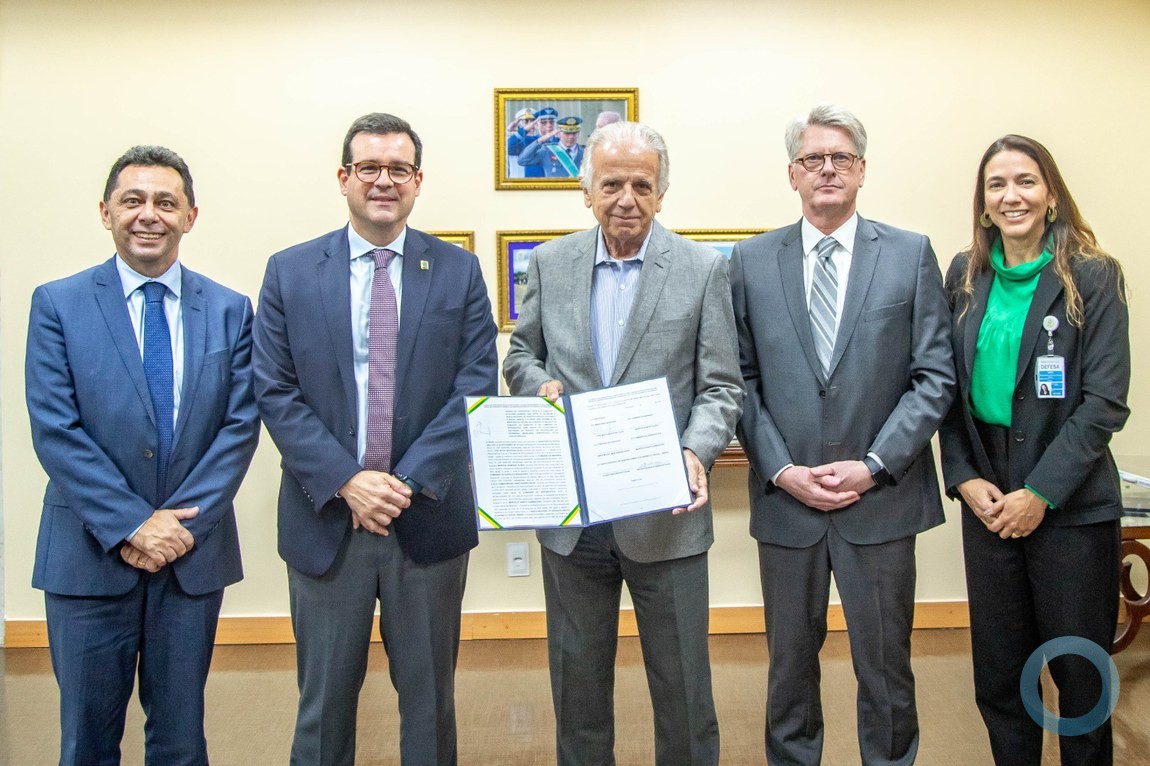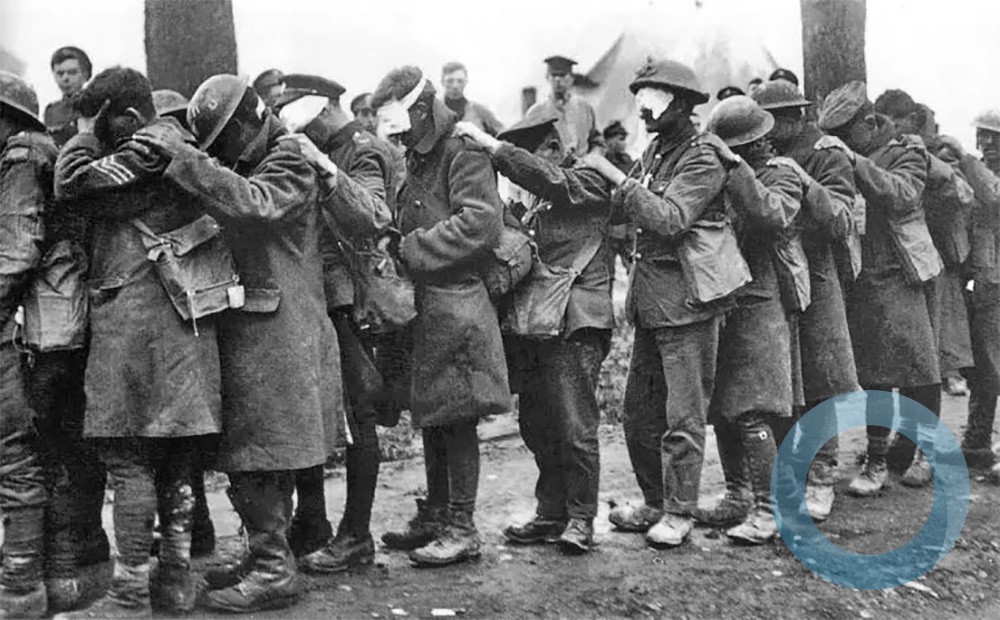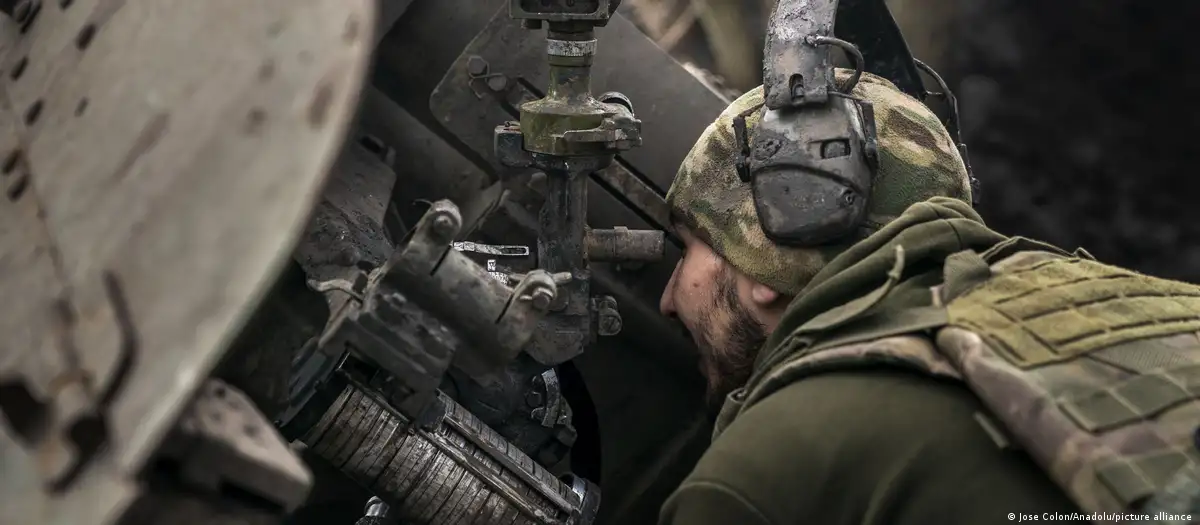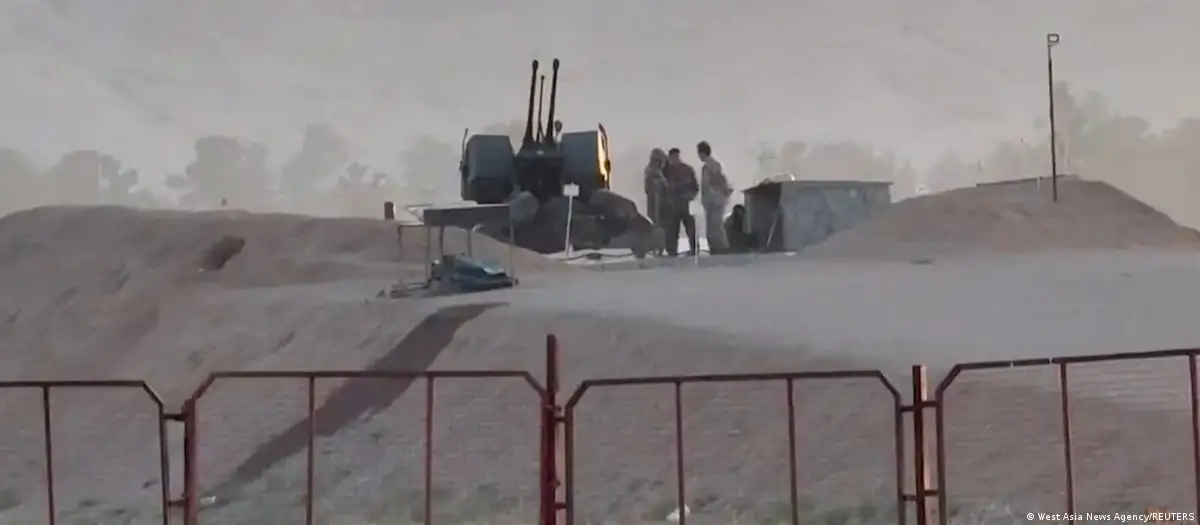Patrícia Comunello
The governments of Southern Cone nations formalized in Brasília a set of actions to reinforce security measures in the fight against transnational crime in the region. The Brasília Declaration was signed on November 16 during the Southern Cone Ministerial Meeting on Border Security, by ministers and authorities from the ministries of foreign affairs, defense, justice, security, and drug enforcement of Argentina, Bolivia, Brazil, Chile, Paraguay, and Uruguay. The document consolidated their commitment to expanding regional cooperation in the security sector.
The initiative was preceded by two other meetings where Brazil’s role in Southern Cone defense activities was discussed. The first meeting took place in Brasília, hours before the Brasília Declaration was launched. Brazilian government ministers were present at the meeting, where they addressed the domestic grounds for regional cooperation. “A continental country like Brazil, with global aspirations, constantly needs to articulate its policies in the areas of foreign affairs and national defense. No country in the world that wants to be respected can fail to have these two policies synchronized and coordinated,” said Raul Jungmann, Brazil’s Minister of Defense after the event. He said that there is “cohesion and unity” in government and military circles on the goals of cooperation.
One month prior to the signing of the Brasília Declaration, the topic of security was already discussed. The First Conference of Southern Cone Army Commanders was held October 11-13, 2016 in Foz do Iguaçu, in Paraná state, between representatives of the armies of Brazil, Argentina, Chile, Paraguay, and Uruguay. Commanders from the five countries discussed ways of promoting joint exercises between the troops, stepping up land defense along their shared borders –with special emphasis on surveillance systems–, and exchanging knowledge and experience about peacekeeping operations. “Military cooperation and integration are important for maintaining regional stability,” stated General Eduardo Dias Costa Villas Bôas, commander of the Brazilian Army. The conference was considered a success and its second edition is scheduled for 2017 in Montevideo, Uruguay.
The meetings
The three meetings helped those involved to reach their ultimate, common goal of strengthening regional interagency cooperation on border security, control, and surveillance. They also encouraged efforts to hold frequent meetings with national authorities responsible for border security, so they can conduct coordinated operations and exchange experiences on fighting transnational crime.
Integrated Border Monitoring System
During the First Conference of Southern Cone Army Commanders, in addition to the meetings in Foz do Iguaçu, a simulated exercise was performed at the Regional Monitoring Center, which integrates the pilot project of the Integrated Border Monitoring System (SISFRON, per its Portuguese acronym), in Dourados, Matto Grosso do Sul state.
SISFRON is one of the Brazilian Army's strategic programs. “We are meeting to address issues that are becoming more common and that affect all countries, with varying degrees of responsibility. The major objective is to set the foundation for our own regional defense mindset,” explained Gen. Villas Bôas.
The commanders learned about SISFRON architecture and functioning. Major General Guido Amin Naves, head of Project Development for the Brazilian Army, attached to the Chief of Staff of the Army in Brasília, presented the fundamentals, timeline, technologies, and capabilities of the system, confirming that, “border control is a must for any state,” adding that, “it has become clear that concern for this issue is common among all militaries, beyond the willingness to make exchanges with our Army.”
Maj. Gen. Amin said that the effectiveness of the system would increase greatly if used on both sides of the border. “We are ready and able to exchange even the technology that we have here,” adding that to do so, agreements would be needed at the military and diplomatic levels.
SISFRON’s pilot phase was implemented in 2012 and covers a 600-kilometer stretch of border between the municipality of Mundo Novo, in Matto Grosso do Sul, close to the Paraná state border, and Caracol, on the border with Paraguay. Land radars operating at a 20-kilometer range are already installed, in addition to mobile radars that can be manually deployed, and are able to detect human movement at a distance of up to 8 kilometers. “This system is designed to work in an interagency environment; that is, by those who are going to act against a threat that has been identified by radars or sensors, even if they are not military,” Maj. Gen. Amin concluded.

































